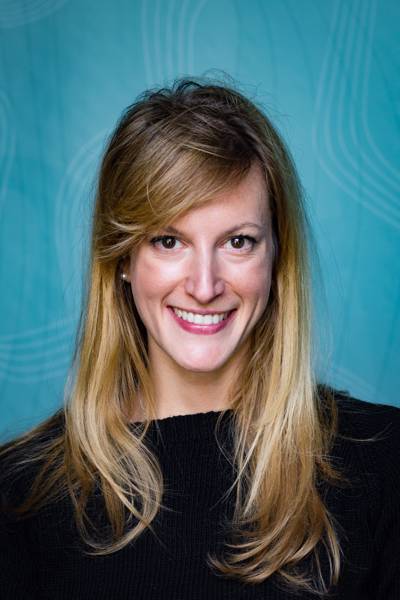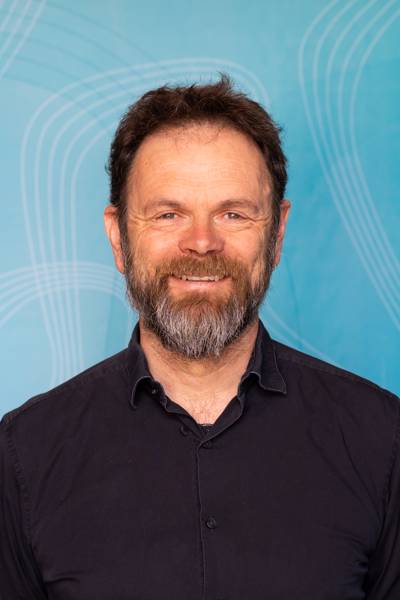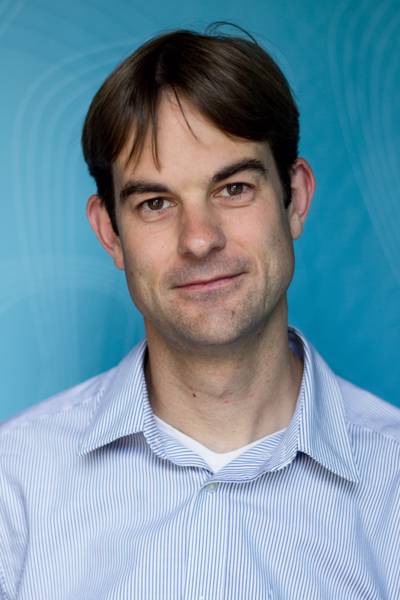This article presents results and lessons learned from a prediction competition organized by ViEWS to improve collective scientific knowledge on forecasting (de-)escalation in Africa. The competition call asked participants to forecast changes in state-based violence for the true future (October 2020–March 2021) as well as for a held-out test partition. An external scoring committee, independent from both the organizers and participants, was formed to evaluate the models based on both qualitative and quantitative criteria, including performance, novelty, uniqueness, and replicability. All models contributed to advance the research frontier by providing novel methodological or theoretical insight, including new data, or adopting innovative model specifications. While we discuss several facets of the competition that could be improved moving forward, the collection passes an important test. When we build a simple ensemble prediction model—which draws on the unique insights of each contribution to differing degrees—we can measure an improvement in the prediction from the group, over and above what the average individual model can achieve. This wisdom of the crowd effect suggests that future competitions that build on both the successes and failures of ours, can contribute to scientific knowledge by incentivizing diverse contributions as well as focusing a group’s attention on a common problem.
Vesco, Paola; Håvard Hegre; Michael Colaresi; Remco Jansen; Adeline Lo; Gregor Reisch & Nils Weidmann (2022) United they stand: Findings from an escalation prediction competition, International Interactions 48 (4): 860–896.











